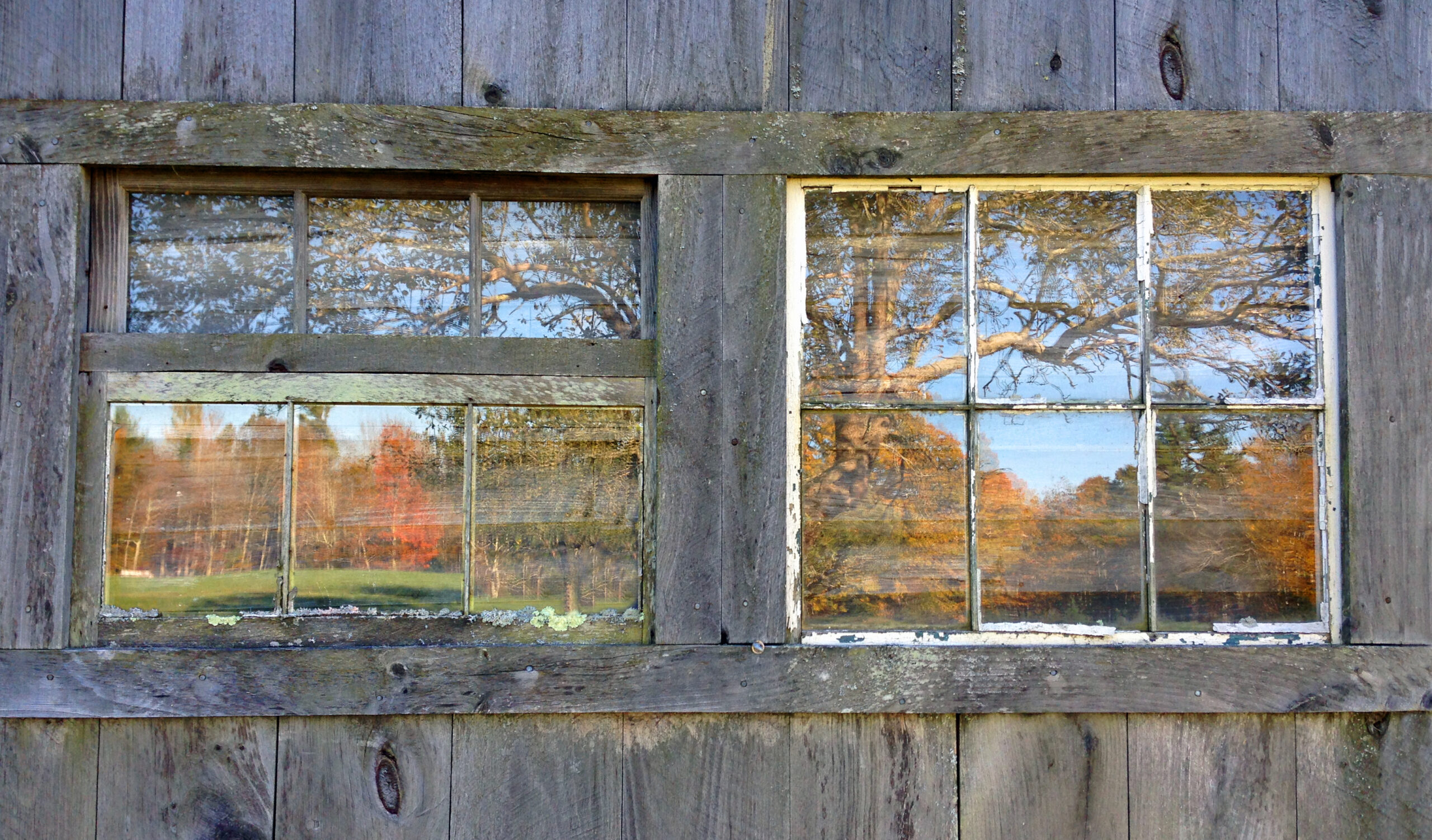
Christakis (2020, p. 144) offers a partial remedy for this dark side of the human psyche:
This desire for a sense of control can be destructive, especially since the objects of people’s blame are often minority groups or those seen as outsiders. To mitigate this, an important challenge for public health authorities and leaders during a pandemic is to acknowledge widespread negative emotions and feelings of powerlessness and to help people effectively respond to them in constructive ways of offering outlets for their emotions.
As we have already noted, this is a first step in not only the addressing of this broader source of societal dysfunction and pain, but also in addressing the personal stress and pain associated with the virus. It is in the acknowledge of the pain and the “real” source of the pain (and the virus) that we can arrive at what Menachem calls “clean pain” – whether it be at a personal or societal level.
I propose that this seeking of clean pain is particularly important for Americans to engage, for Christakis’s analysis—and any reflection on American history reveals something about a much more sinister and destructive aspect of the American culture and character. This is the often violent (or at least abusive) relationship between the general American public and members of this public who are identified in some way as being “others” – people who are not “really” Americans. They are members of ethnic and racial groups who come to the United States from non-Anglo (British) countries. They are also those who are physically and mentally challenged, those who live outside the boundaries of traditional bigender identification (members of the LGBTQ+ community) and those who have chosen to live in some other manner in “violation” of traditional societal standards.
It seems that while American culture is in many ways disengaged, there is a fair amount of enmeshment when it comes to binding social norms. While Americans have moved beyond the definition of psychopathy as social deviance (Bergquist, 2020c), it has not moved beyond the stigmatization of social deviance—and has found a way to focus on the “other” as either a source of the virus or as a cause for its spread, governmental dysfunction in responding to the virus, or economic disruption related to COVID-19.
Christakis rightfully notes repeatedly that the identification of the “other” upon whom one can direct their wrath about the virus is not unique to the United States. This is a social psychological dynamic that has been operating in many societies over many centuries (Christakis (2020, p. 172):
The impulse to blame others for causing infections or for being infected is powerful and the historical record brims with devastating · examples. Some Christians were also put to death in similar bloodbaths in other cities, as described in the testimony of one witness:
You should know that all the Jews living in Villeneuve have been burnt by due legal process, and at August three Christians were flayed for their involvement in the poisoning. I was myself present on that occasion. Many Christians have been similarly arrested for this crime in many other places, notably in Evian, Geneva, La Croisette and Hauteville, who at the very last, on the point of death, confirm that they distributed poison given them by the Jews. Some of these Christians have been quartered, others flayed and hanged. Certain commissioners have been appointed by the Count to punish the Jews, and I believe that none remains alive.








